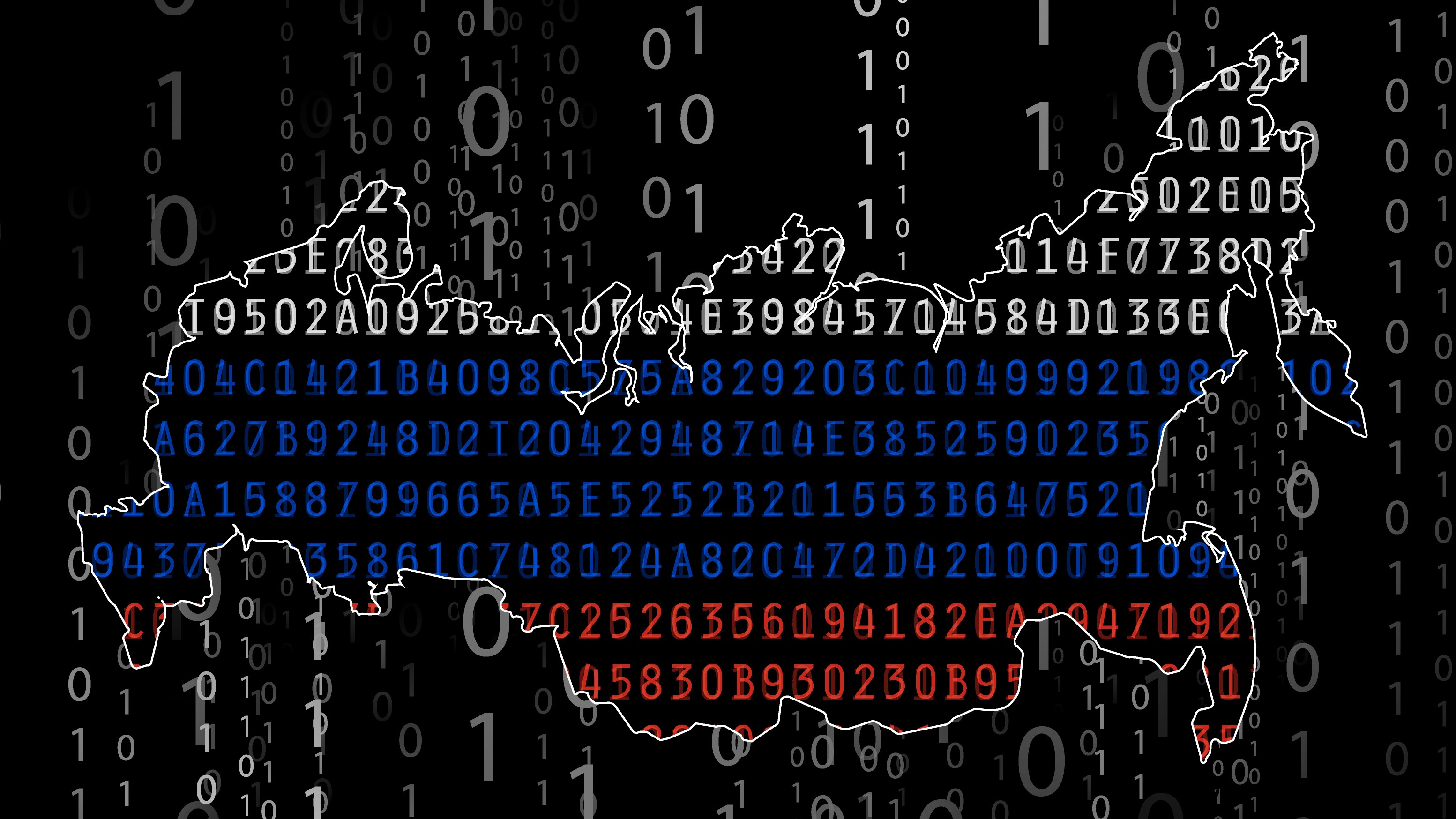"A wider campaign against human rights" – Experts condemn Russia's escalation against VPNs and encrypted apps
WhatsApp is set to be the latest victim of Moscow censorship

- In a joint letter, over 30 experts condemn Russia's blocking of encrypted apps and VPNs
- The signatories also contest the forced pre-installation of the government-backed MAX app on Russian devices
- WhatsApp, today's most popular messaging app in Russia, is set to become the latest victim of Moscow's censorship
A group of over 30 experts is condemning Russia's escalation against VPNs and encrypted apps.
The signatories of the open letter published on September 16, 2025, also contest the forced pre-installation of unencrypted alternatives on Russian devices. These include civil societies, like Access Now, Article 19, the Center for Democracy & Technology, and the Tor Project, alongside tech providers behind some of the best VPN and encrypted email services (Nord Security, Proton, and Tuta Mail).
"The blocking of encrypted services in Russia, combined with the mandatory deployment of non-encrypted state-controlled apps, should be understood as part of a wider campaign against human rights, rather than isolated acts of regulation," reads the open letter.
The pledge comes as WhatsApp, the only encrypted messaging app still working in Russia, risks becoming the latest victim of Moscow's censorship. While starting from September 1, the government-backed MAX app must be pre-installed on every new smartphone and tablet sold in Russia.
In July, the Kremlin also passed a new law against 'extremist' content search, which makes using a VPN to access this content a crime as an aggravating factor. It's worth noting that authorities define Meta, the provider behind WhatsApp, as an extremist organization.
That's why, according to experts, the international community must respond with clarity and resolve this matter. "Free, private, and secure communication is not a privilege, but a fundamental right that must be protected everywhere," they added.
Russia's attack on encrypted chats

Roskomnadzor, the infamous Russian censor body, is responsible for the blocking of countless websites and applications over the years – including encrypted messaging apps that should help citizens keep their conversations private and secure.
Access to both Proton Mail and Tuta Mail, for example, has been restricted since 2020. Russian authorities also banned Signal in 2024, and are now considering a ban on WhatsApp.
According to experts, these actions "violate internationally recognized human rights," including people's rights to free speech, access to information, and privacy.
"Encryption is a fundamental right," said Matthias Pfau, CEO of Tuta Mail. "By blocking access to secure communication, Russia wants to control its entire population, including journalists, activists, and anyone having opposing ideas to the ruling class."
At the same time, the Kremlin is working on expanding the reach of its national digital sovereignty system by forcing citizens to use state-developed applications.
Experts have already expressed serious concerns after analyzing the latest VK-made software, MAX. A messaging app with "an enormous surveillance potential," they warn.
A crackdown on circumvention tools
The Kremlin's fight against VPN, proxy servers, and the Tor Browser certainly isn't new. As more people in Russia have turned to circumvention tools to bypass ever-stricter internet censorship, authorities have been doing their best to prevent this.
While their use isn't completely banned, ever-sophisticated VPN blocking techniques mean that many services may get blocked or throttled. That's why it's vital for anyone in Russia to pick a VPN with strong censorship-resistant features like Proton VPN, NordVPN, or Amnezia VPN.
In March 2024, the government introduced a law to criminalize the spread of information about ways to circumvent internet restrictions.
That's likely the basis that led Roskomnadzor to issue VPN removal demands against Big Tech giants. Apple was the most complainant, killing at least 60 VPN apps, including the popular Russian service Amnezia VPN, from July 2024 onwards.
The July 2025 law introduces additional penalties for violating rules on VPN usage, despite still not directly prohibiting the use of VPNs. Yet it adds to the ongoing crackdown against VPN users.
As experts note, "restricting both encrypted communication platforms and VPNs leaves people in Russia with exceedingly few options for secure communication."
You might also like

Chiara is a multimedia journalist committed to covering stories to help promote the rights and denounce the abuses of the digital side of life – wherever cybersecurity, markets, and politics tangle up. She believes an open, uncensored, and private internet is a basic human need and wants to use her knowledge of VPNs to help readers take back control. She writes news, interviews, and analysis on data privacy, online censorship, digital rights, tech policies, and security software, with a special focus on VPNs, for TechRadar and TechRadar Pro. Got a story, tip-off, or something tech-interesting to say? Reach out to chiara.castro@futurenet.com
You must confirm your public display name before commenting
Please logout and then login again, you will then be prompted to enter your display name.